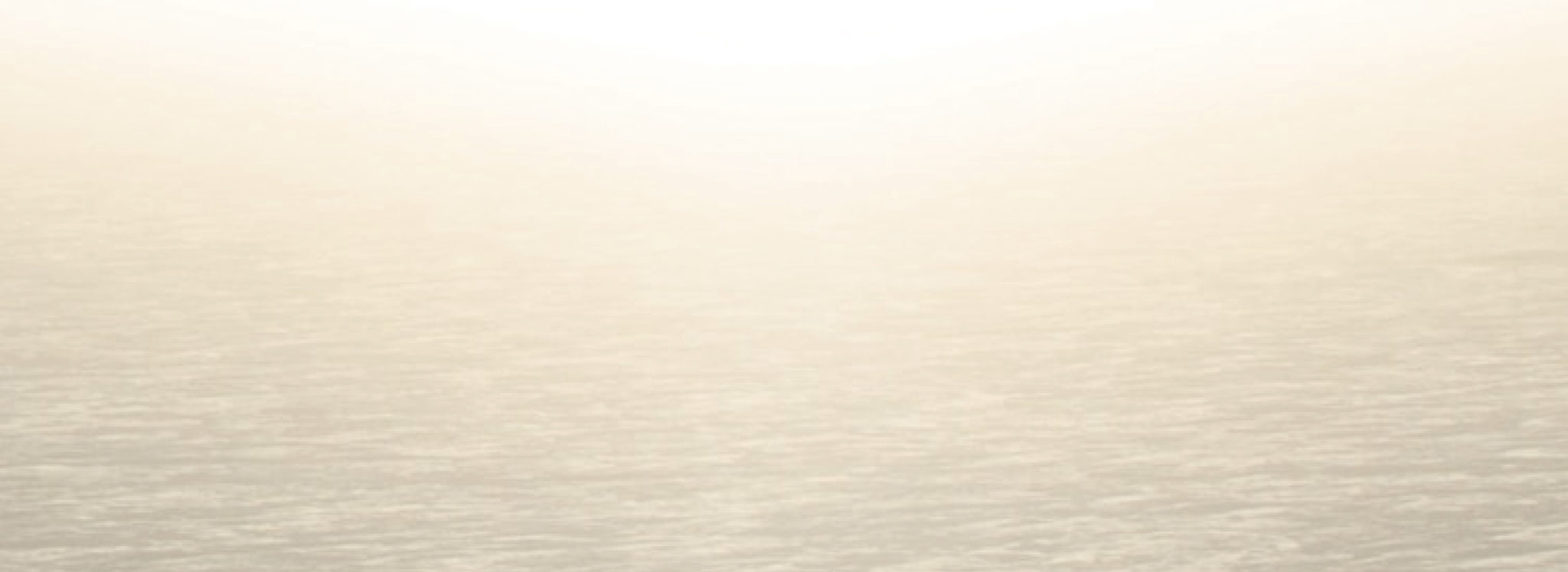- Interview -
Olivier Auroy
In the name of excellence
He’s a brilliant literary talent, a natural-born creative who has loved words for as long as he can remember. Olivier Auroy is a ‘namer’ who has christened a number of major brands. Currently Managing Director of Kantar Consulting, he has made name for himself in the world of naming and advises brands on their communication strategy. Let’s see what this alchemist has in store for us, beyond words themselves…
How would you describe the profile of a namer?
A treasure hunter visionary enough to understand in what way a word is eligible to become a brand name. One must be curious, well-read and attuned to languages (both ancient and modern). This type of individual is generally good at Scrabble and crosswords. Endowed with a subtle blend of institution, experience and courage, he or she plays with letters and spots anagrams as well as visual analogies, allowing unexpected connections to emerge.
What is a good name?
It’s a perfect match between the name (with its variable meanings and what it evokes), the sound and the graphic potential. What is at stake is its ability to tell a story, to respect the world of the end consumer, to prove eminently memorable (such as echo-type names like Coca-Cola and Kit-Kat) and to work a special ‘brand’ of magic. Sometimes it’s blindingly obvious, like the day I named L’Atelier Renault on the Champs-Elysées – a dual reference to the carmaker’s workshops and to the fashion world. The right name also catches attention due to a hint of impertinence. It is not just part of a fashion fad, nor is it supposed to become an instant favorite. In 20 years, that has happened to me just once, with Phébus (a nickname of Louis XIV, the Sun King) created for the Versailles urban transport company.
What are the main constraints you face?
They relate to legal, linguistic or sociocultural issues. A name must be freely available within the corresponding WIPO class of goods and services (of which there are 43) and not represent a threat to an already well-known established brand. In some languages such as Mandarin or Finnish, names can have more than one meaning because of their sound or their pronunciation. And then there are negative connotations relating to the sociocultural environment. I remember an American company in the early 1990s that wanted to name its biscuits Gregory (the name of a young victim of a long-running murder mystery in France); or the household appliance brand Laden in the context of the 9/11 attacks…
How are names differently perceived according to societal norms?
In France, we are keen on initials that don’t actually name an entity, as if one were concealing something. In other countries such as China or Italy, numbers are an issue (4, 7 or 17). If you don’t have a network of correspondents around the world, you can end up choosing a name with embarrassing connotations. Certain world-famous brand names are excellent examples, since Nike sounds like a word for sexual intercourse in French and Arabic, while Sega evokes male masturbation in Italian.
What inspires you?
The secret is to have a well-stocked library. Good names are found in books and dictionaries.
Is the luxury world more strictly codified?
In the realm of luxury, one must bear the brand philosophy in mind and take account of the need to be timeless. By refusing to obey the dictates of fleeting fashions, one draws on the imagination and finds a way of highlighting something that appears a natural choice. In the Middle East, the Chalhoub group asked me to find the name for the largest luxury footwear store located in the famous Dubai Mall. The brief was extremely specific: height, stilettos, dominant women, the concept of a multi-story boutique… which sparked the name I suggested: Level. It’s a palindrome (a word that can be read in both directions) composed of the Biblical name “Eve” framed by the two “ls”.
Does naming simply give in to trends?
There was the craze in France for names ending in ‘oo’ (Wanadoo), ‘is’ (Itineris) and now the favorite last syllable is ‘eo’. Sometimes all it takes is a company that adopts a sound… and then everyone follows suit and all brands end up being extremely similar. Communication is not about imitating but innovating, being bold enough not to succumb to conformism just because you fear failure.
La Réserve, an evocative name… Can you share your views on it?
La Réserve embodies the exclusive, premium element that makes all the difference (as in I reserve, I occupy a certain territory, space or time). It is also the place where one keeps that which is most precious. Then comes the cheeky side with this clause implying a certain restraint or hesitation and imposing a certain distance: being reserved (implying dignity, circumspection, self-control), or available if necessary (military reserve force). These positive convergences along with the tiny hint of stepping back make it an undeniably good name, especially in the hospitality and luxury industry.
–
Recommended reading: Au nom d’Alexandre, by Olivier Auroy. Autobiography published by Intervalles.
–
Based on an interview by Stéphanie Laskar
Photos © Sydneykwanone
Related articles
Peak energy
Facing a stunning 180° view of Alpine peaks, one naturally feels a surge of fresh energy.
Local menu
The Victoria-Jungfrau Grand Hotel & Spa owed it to itself to offer guests a local menu.
Life is beautiful
The Bellevue Palace has dreamed up an exclusively feminine offer.
Your vineyard
For as long as your stay in this family home lasts, you’ll be master of the house…









